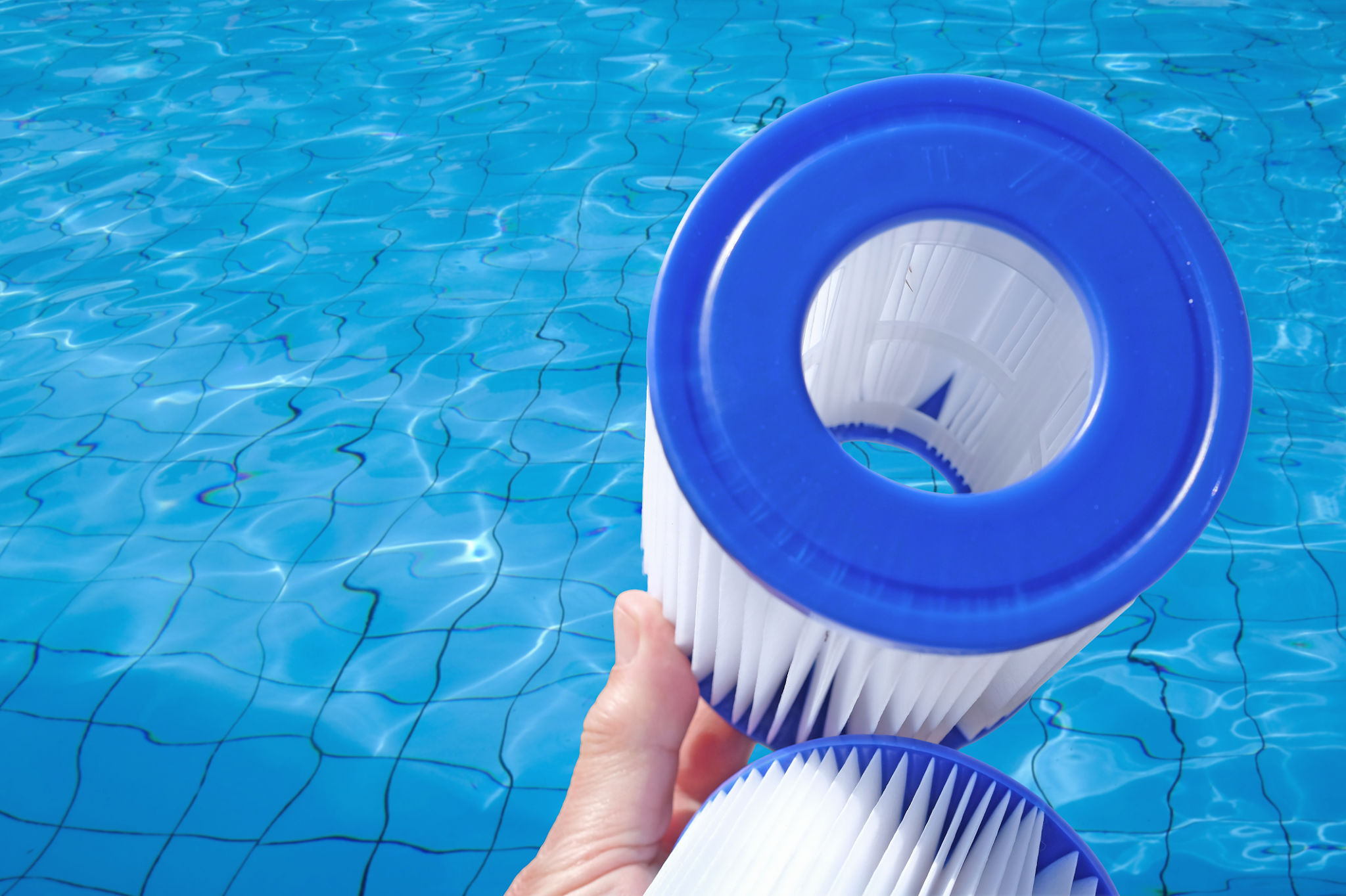The Ultimate Guide to Pool Water Testing in Plant City
Ensuring your pool water is clean and safe is crucial for a healthy swimming environment. Regular testing helps maintain the right balance of chemicals, keeping the water sparkling and preventing any potential issues. In Plant City, where the climate can affect pool conditions, understanding the nuances of pool water testing is essential.

Why Test Your Pool Water?
Testing your pool water is important for various reasons. It helps you maintain the correct pH balance, ensuring comfort for swimmers and protecting your pool equipment. Additionally, regular testing prevents the growth of harmful bacteria and algae. By keeping an eye on your pool's chemical levels, you can also reduce the likelihood of skin and eye irritation.
Essential Water Tests
There are several key tests you should perform regularly:
- pH Level: This measures the acidity or alkalinity of your water. The ideal range is 7.2 to 7.8.
- Chlorine Levels: Chlorine sanitizes your pool and keeps it free from bacteria. Aim for 1-3 ppm (parts per million).
- Total Alkalinity: This stabilizes the pH level. Keep it between 80-120 ppm.
- Calcium Hardness: Prevents corrosion and scaling. The ideal range is 200-400 ppm.

How Often Should You Test?
The frequency of testing can vary based on usage and environmental factors. Generally, you should test your pool water at least once a week. However, during periods of heavy use or after significant rainfall, you might need to test more frequently. In Plant City's warm climate, algae growth can be more prevalent, so adjusting your testing schedule accordingly is wise.
Tools for Testing
There are various tools available for pool water testing, each with its own advantages:
- Test Strips: These are quick and easy to use. Simply dip the strip in the water and compare the color change to the chart provided.
- Liquid Test Kits: These offer more precise results. You'll need to add reagents to a water sample to see changes.
- Digital Testers: Providing the most accurate readings, these devices can be a bit more expensive but are worth the investment for serious pool owners.

Tips for Accurate Testing
To ensure accurate results, always follow the manufacturer's instructions for any test kit. Test the water from elbow depth away from return jets for a representative sample. Avoid testing during windy conditions or directly after adding chemicals to the pool.
Maintaining Balanced Water
Once you have your test results, it's important to adjust your pool's chemical levels as needed. Use the recommended products to correct any imbalances. Regularly cleaning your pool and maintaining your filtration system will also help keep your water in top condition.
By adhering to these guidelines for pool water testing in Plant City, you can enjoy a safe and inviting swimming pool all season long. Regular testing not only protects your investment but also ensures a refreshing and enjoyable experience for everyone.
